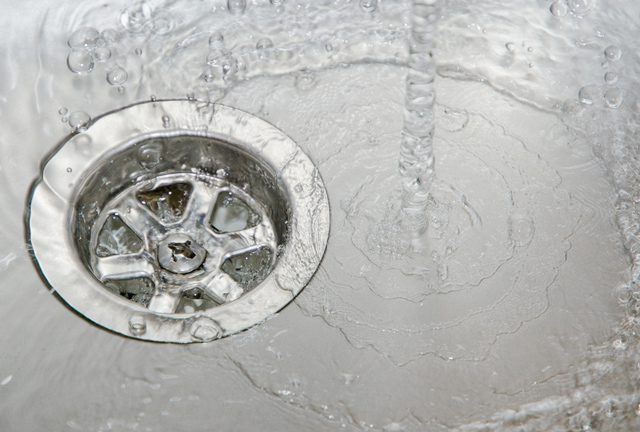India Seeks $1.1 Billion Reparation After MSC Fuel Spill in May
The southern Indian state of Kerala has sued MSC Mediterranean Shipping Co. for the environmental damages caused by a ship capsizing off its coast, according to a court document.

By Wei Chen, R&D Manager, Waste Water Systems, Wa?rtsila?
In 2013, fines incurred under the International Convention for the Prevention of Pollution from Ships (MARPOL) for bypassing a ship’s oily water separator systems (the so-called ‘magic pipe’) increased. This trend was particularly evident in the United States where the Act to Prevent Pollution from Ships (APPS) applies in parallel with the Clean Water Act.
Reporting of these cases was widespread amongst the maritime media, with a cumulative effect of both financial and reputational damage to the perpetrators’ businesses. The impact didn’t stop there. The consequences of being even falsely accused also include psychological trauma for senior crew members, off-hire claims and crew costs during long detentions, and legal costs, which are irrecoverable in the USA whether or not a case succeeds.
In response to this hard-handed approach, the industry is now far more aware of the potential repercussions of illegally dumping oily wastewater. Yet, in reality, the implications associated with grey water waste are far more severe, but curiously remain under the radar.
Annex IV of IMO’s MARPOL Convention, adopted 40 years ago, set ambitious standards for ship discharges, but there are two shortfalls: firstly, grey water is not regulated, and secondly – and uniquely – there is no requirement for sewage discharges from ships to be monitored.
On a ship, black and grey waters are collected separately, but often become mingled during transport, storage and discharge. In 2012 at IMO MEPC 64/23?, the delegation of the Netherlands informed the Committee of some preliminary results on a survey conducted on the performance status of the sewage treatment plants installed on board ships, which indicated that a vast majority of the equipment did not meet the existing sewage treatment standards due to improper use of detergent, lack of maintenance or not following the operational instructions.
While there is long-standing regulation in place, as long as it is not properly enforced, vendors, yards and ship owners will continue to make, fit and use technology that is ‘fit for purpose’, but that may not actually achieve the purpose intended by the environmental regulations.
Moreover, the regulations are moving in one, increasingly stringent direction, with MEPC.2(VI) tightened not once (MEPC.159(55)), but twice (MEPC.227(64)) over the last five years. Yet as there is no feedback loop to the regulator and no requirement to monitor, the technology is moving in the opposite direction. Although one might assume that shipowners and operators might welcome this lackadaisical approach, in actual fact, some regional monitoring and reporting procedures introduced by the authorities could well encourage all stakeholders to review and even relax regulations via a science-based approach. For example in February 2013, the state of Alaska revoked Alaska Water Quality Standards ‘as a matter of fairness’.
In addition to Alaska’s cleanup efforts, the Great Lakes, US waters (EPA Vessel General Permit, 2013), and inland waterways in Europe (2012/49/EU) have also regulated grey water treatment in various shapes and forms, each affecting certain shipping sectors. There are already four sets of different type approval specifications, and more than five different compliant regimes to baffle vendors and ship operators. This patchwork approach has resulted in confusion regarding equipment selection, system design, and operations.
With the impending January 2015 ECA changes reducing SOx levels to 0.1%, it is no surprise that last week’s MEPC 66 meeting in London was focused on topics such as fuel availability, compliance and emissions monitoring. But as important as what goes into the air is to us all, so is what we put into our water. Environmental regulations across the board need to be enforced to be effective, which is why it is time for the marine community to turn its attention to grey water pollution from ships.

Sign up for gCaptain’s newsletter and never miss an update

Subscribe to gCaptain Daily and stay informed with the latest global maritime and offshore news


Stay informed with the latest maritime and offshore news, delivered daily straight to your inbox
Essential news coupled with the finest maritime content sourced from across the globe.
Sign Up